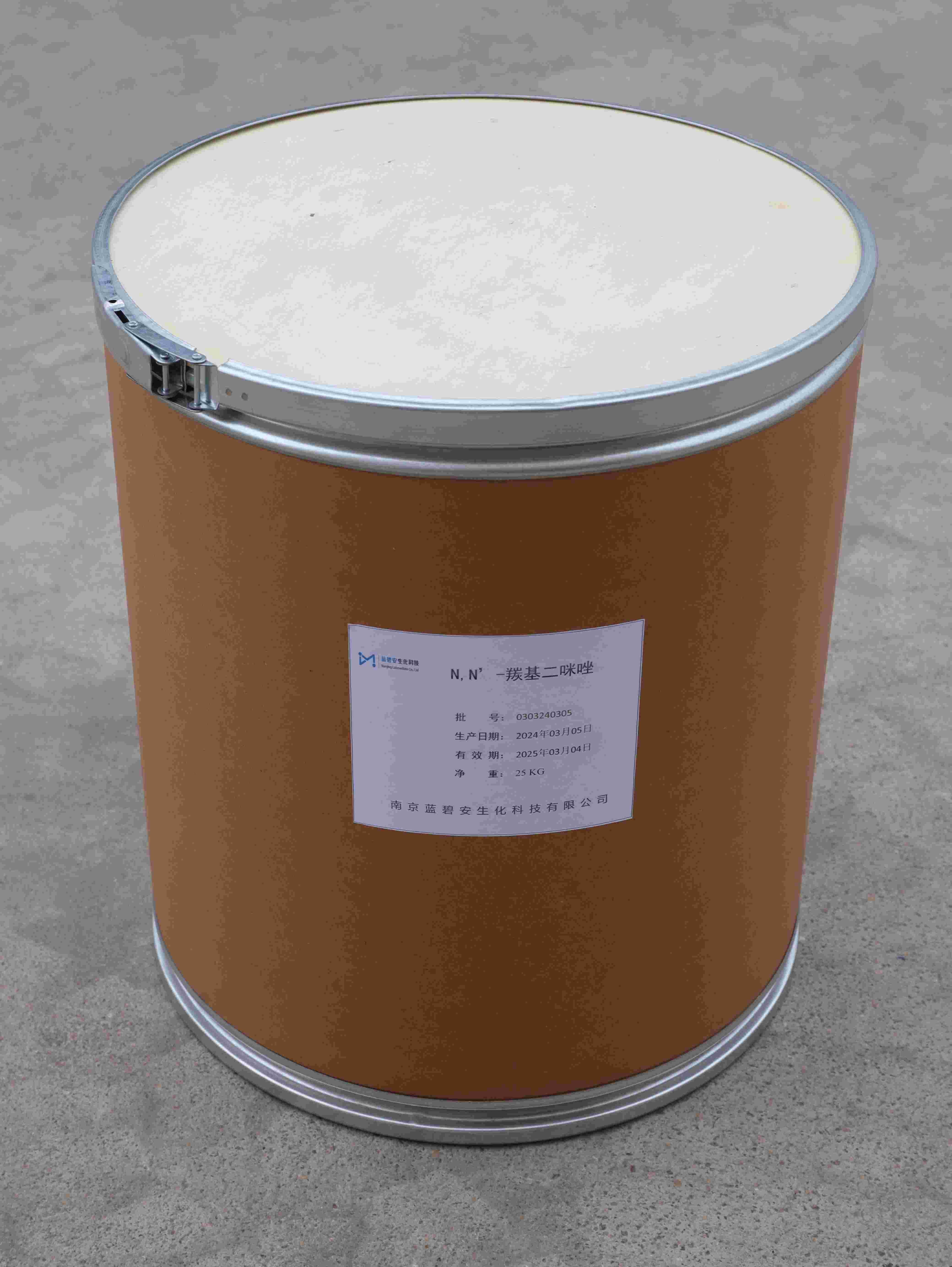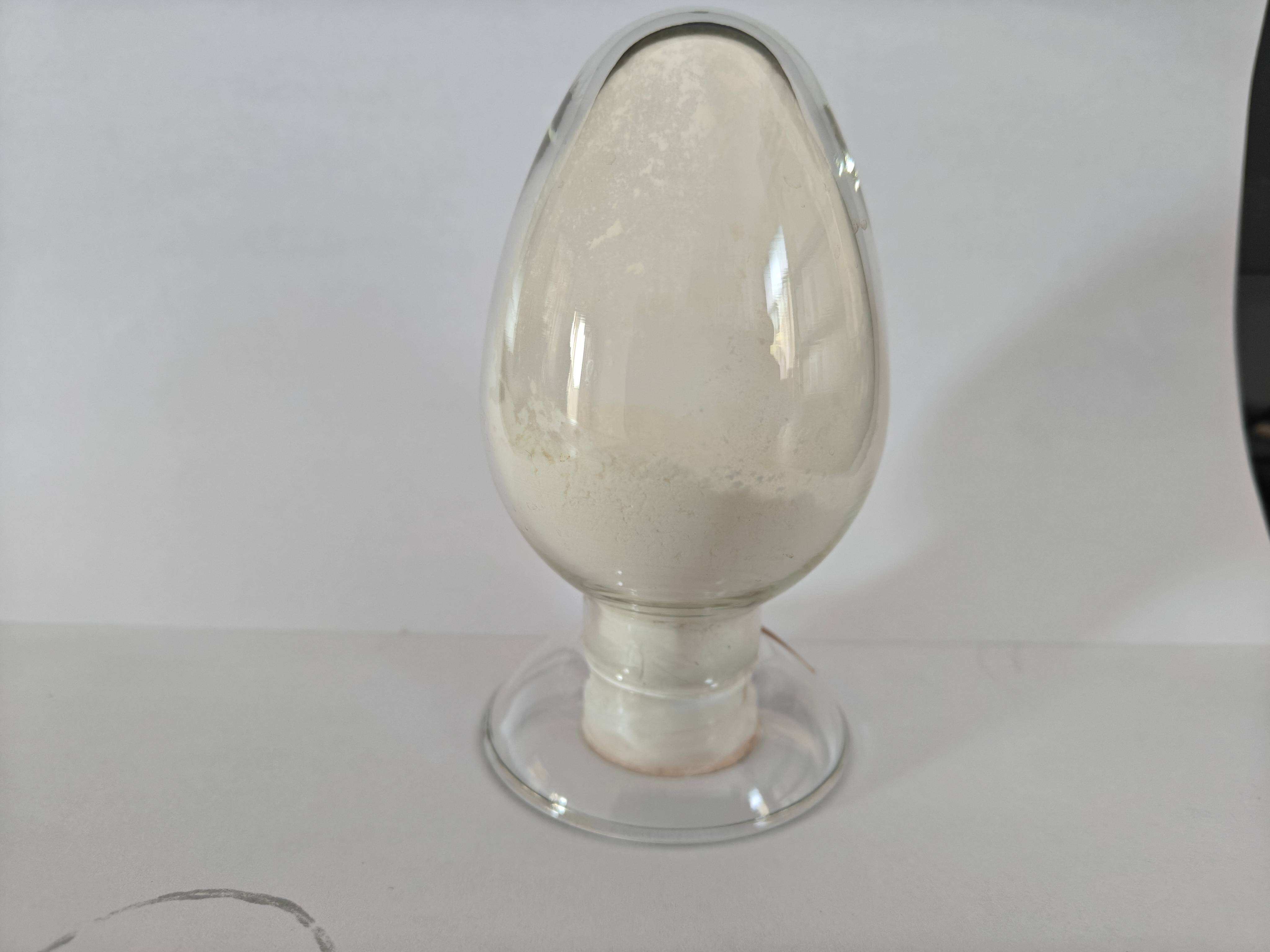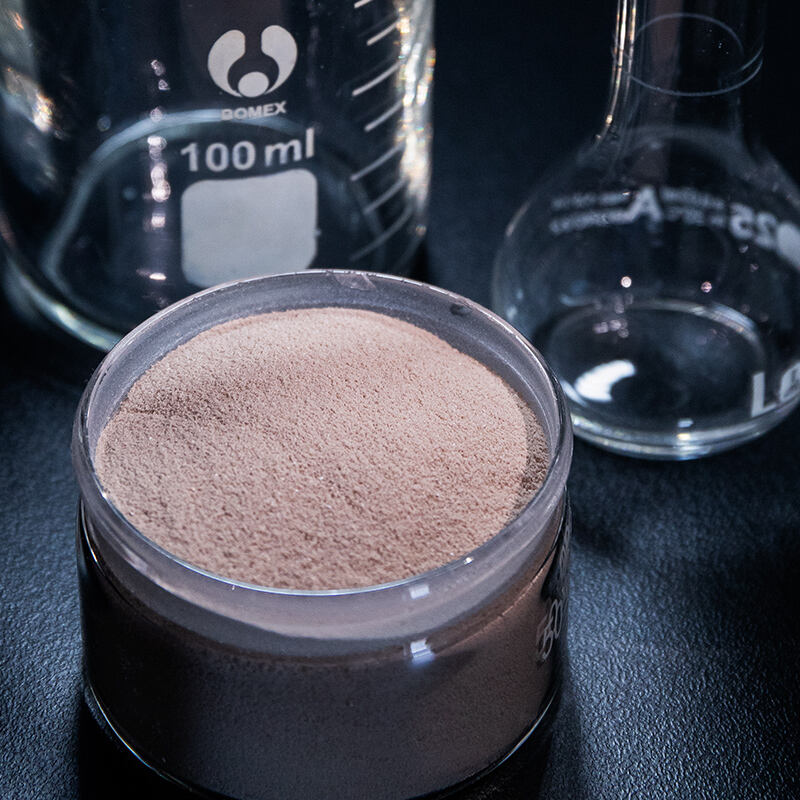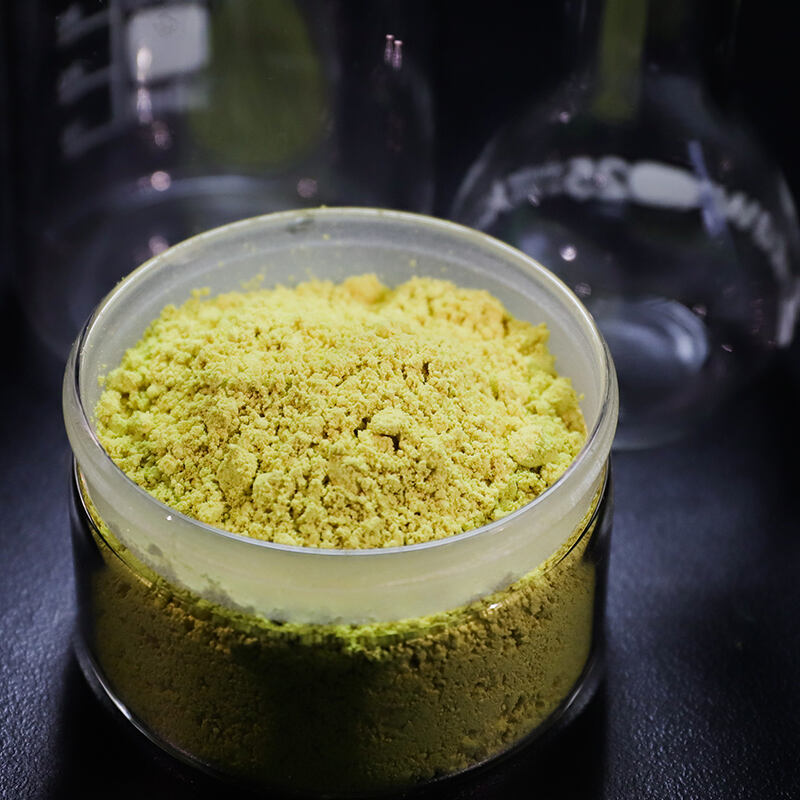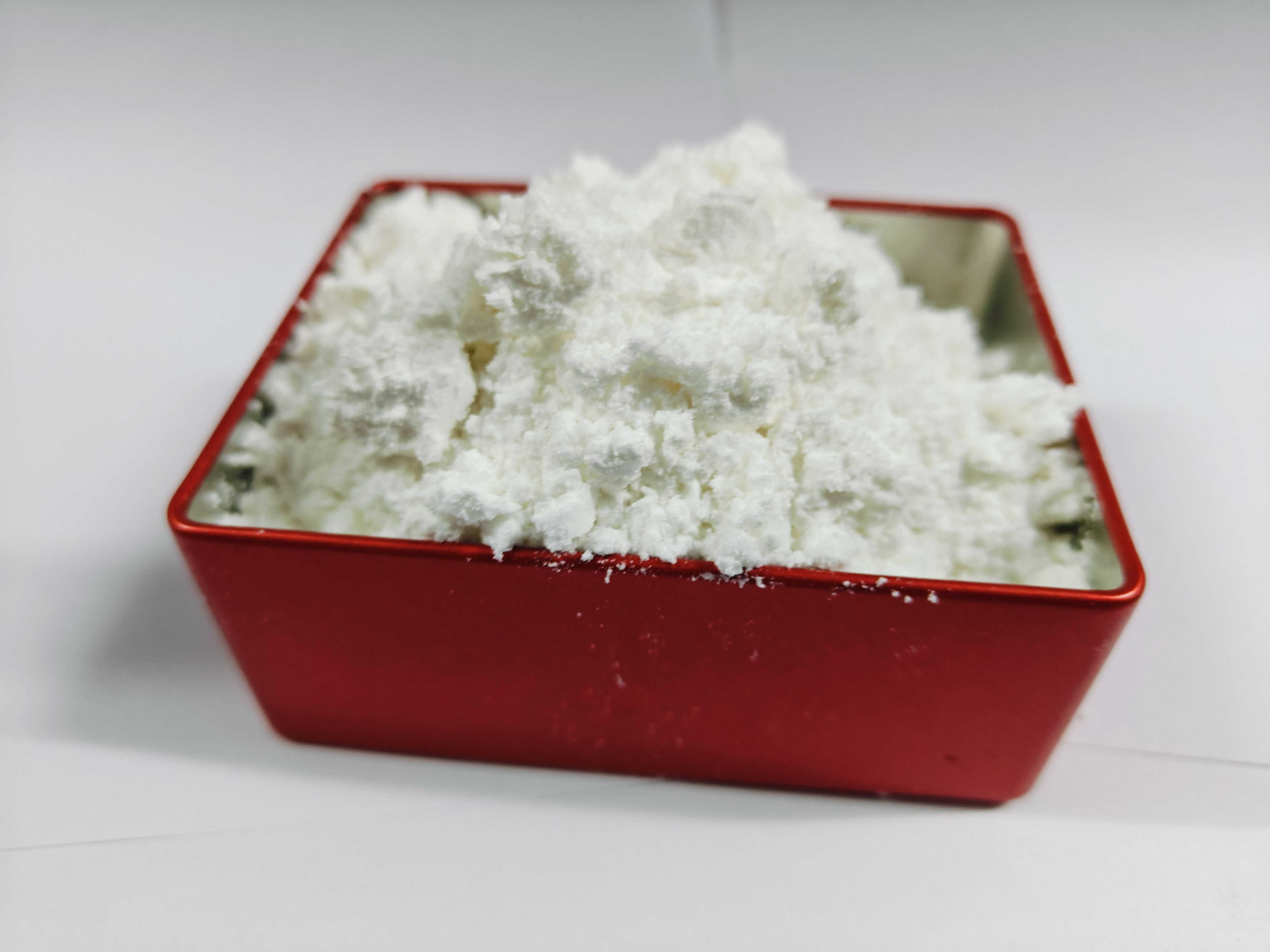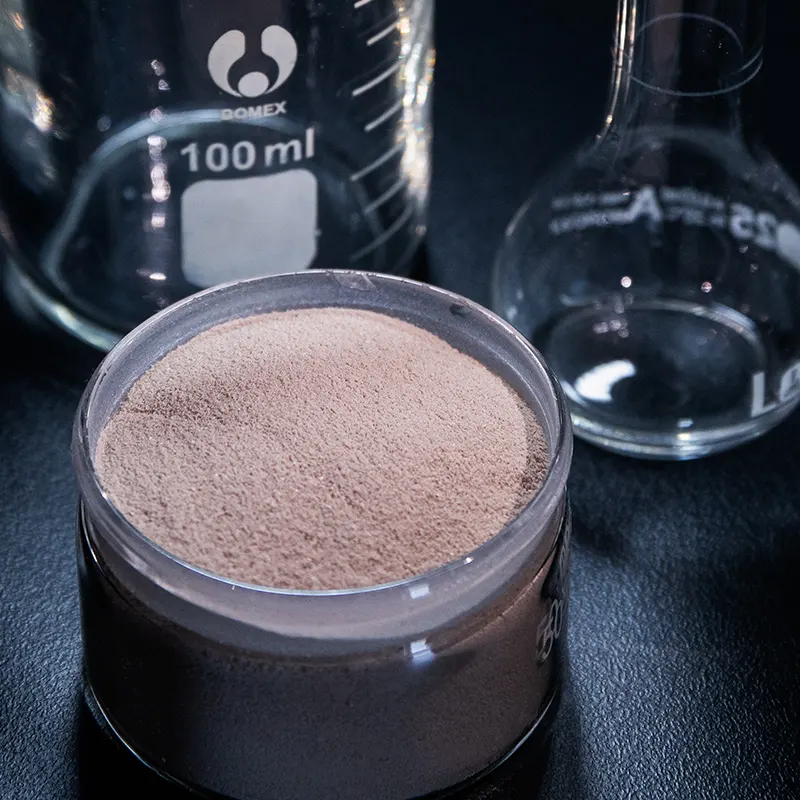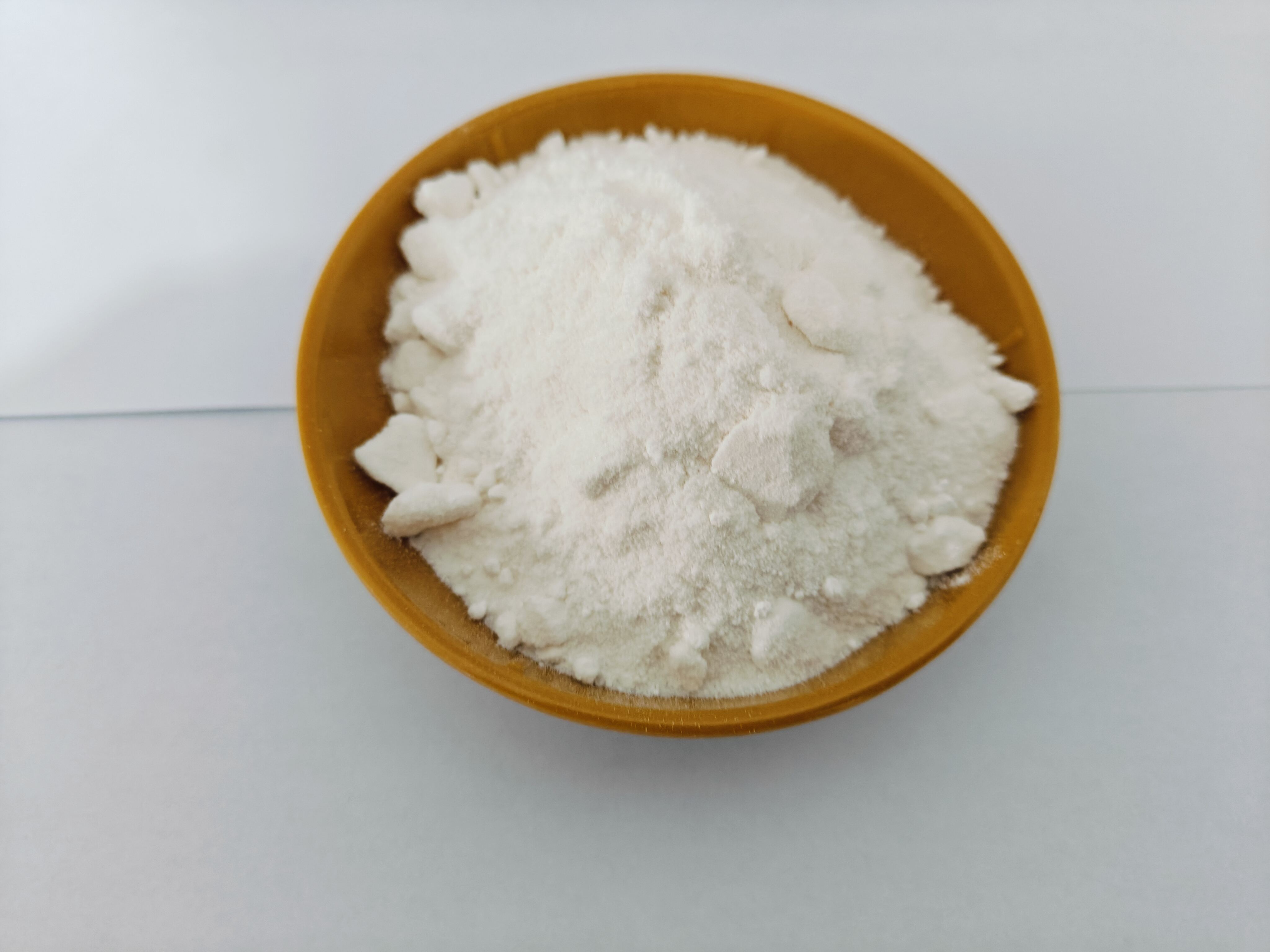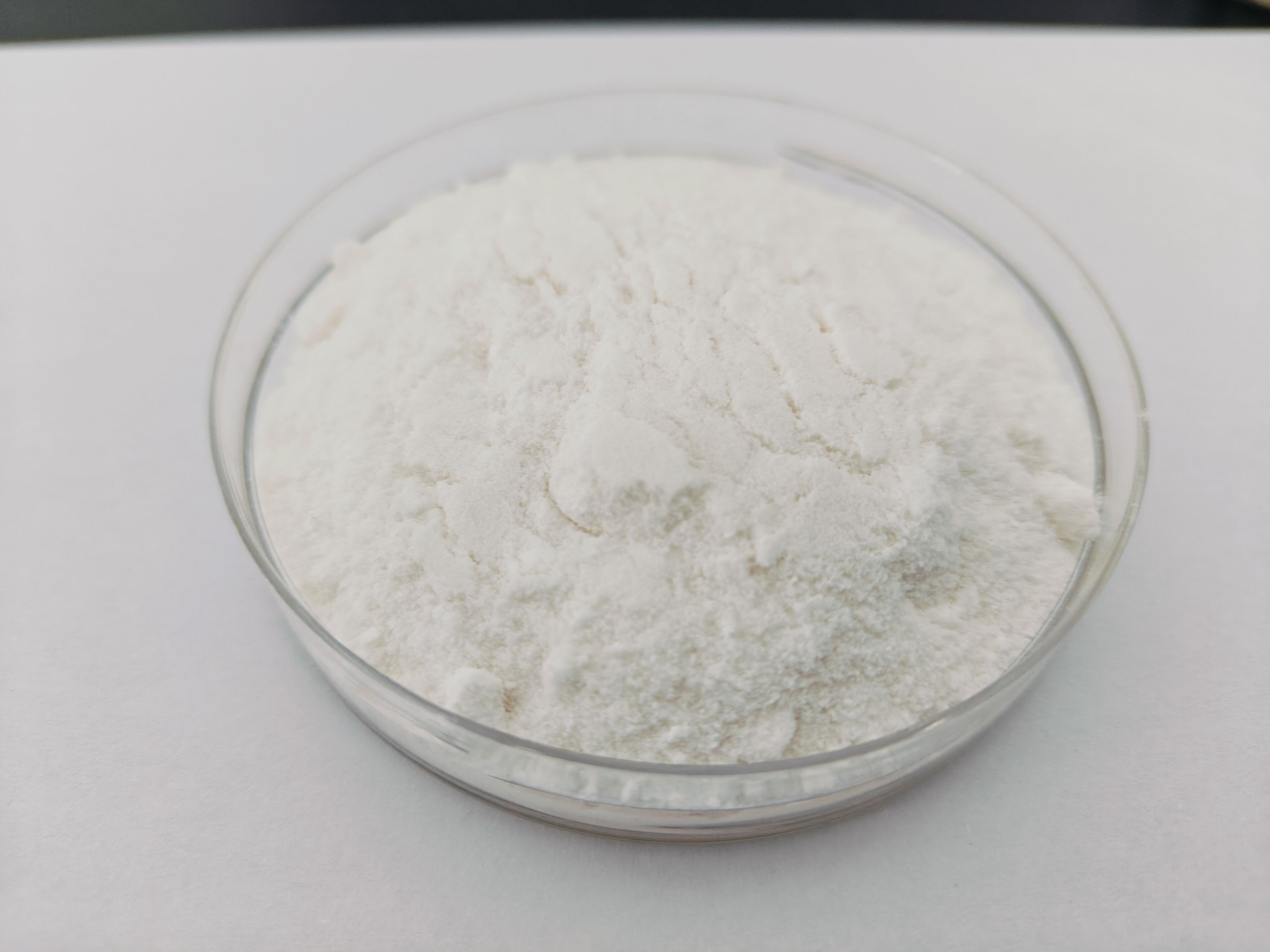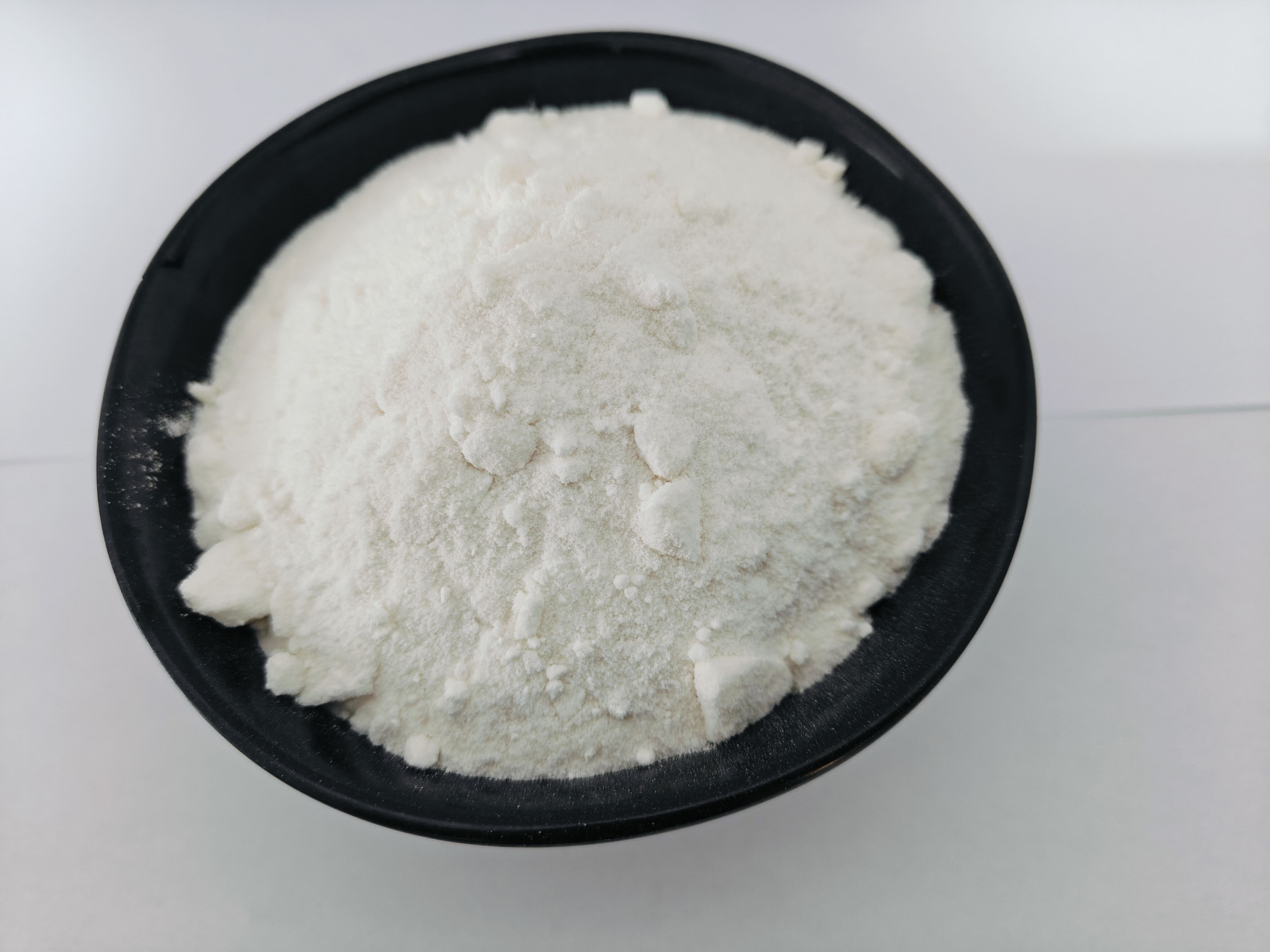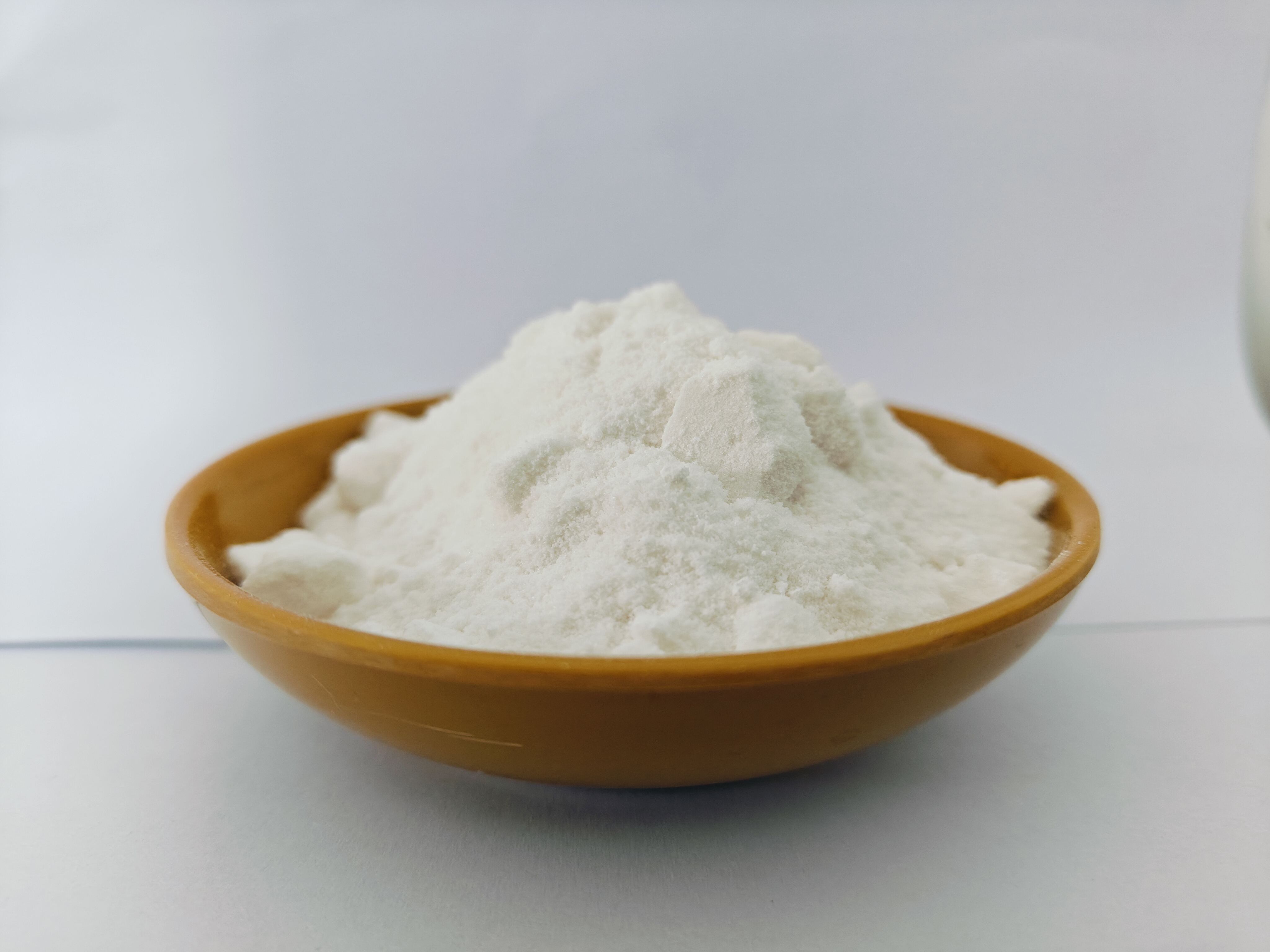dsc curve
A DSC (Differential Scanning Calorimetry) curve represents a powerful analytical technique used in thermal analysis, providing detailed insights into material properties and behavior. This sophisticated measurement method plots heat flow against temperature or time, revealing crucial information about thermal transitions in materials. The curve typically displays various peaks and valleys that correspond to specific thermal events such as melting, crystallization, glass transitions, and chemical reactions. By measuring the difference in heat flow between a sample and a reference material, the DSC curve enables researchers and manufacturers to determine precise thermal properties, including heat capacity, thermal stability, and phase transitions. The technology employs highly sensitive sensors and precise temperature control systems to detect even subtle thermal changes, making it invaluable across multiple industries. Modern DSC instruments can operate across a wide temperature range, typically from -180°C to 725°C, with exceptional precision and reproducibility. The resulting curve provides quantitative and qualitative data essential for material characterization, quality control, and research applications. This versatile analytical tool has become indispensable in polymer science, pharmaceutical development, food industry, and materials research, offering detailed thermal analysis that guides product development and manufacturing processes.

